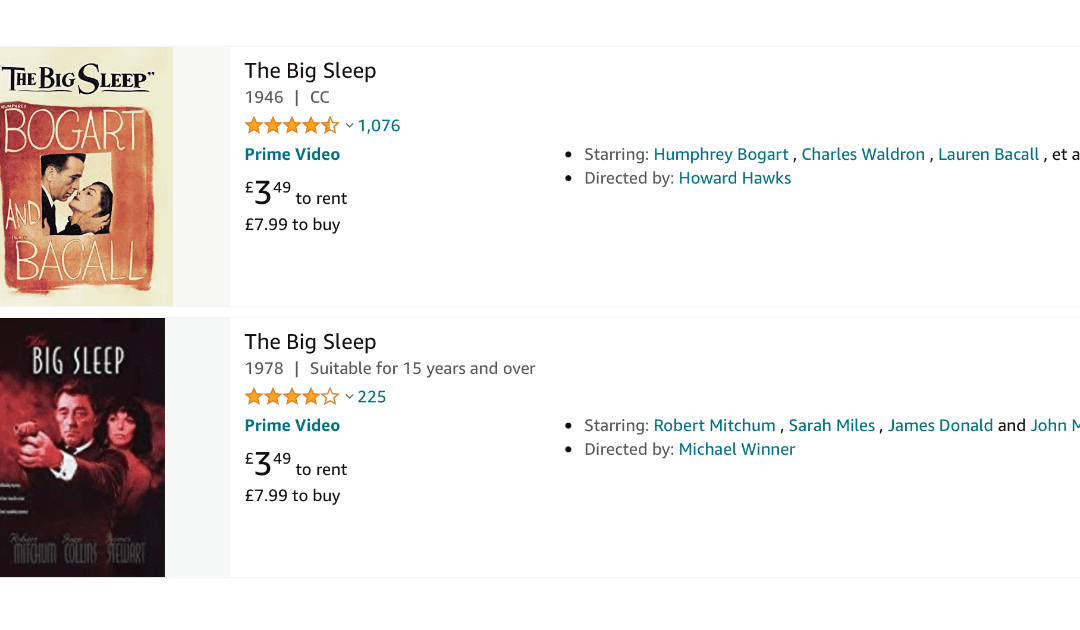I attended my second meeting of the Corsham Writers Workshop on Thursday. As with my first meeting, it was a delight to chat with other writers. There were a couple of writers new to the group, and a long standing member who hadn’t been at the first meeting I attended.
As before, we worked on a writing exercise. This time our organiser placed six books on the table. We each selected a sentence from two books, at random, and wrote them on pieces of paper. Next we each drew two papers and had to start a story with one sentence, and finish it with the other. Everyone produced very interesting stories, in just twenty minutes.
As you might expect, there were some very interesting writer’s anecdotes. One of our new members told us about a screening of the Marx Brother’s Duck Soup by the BBC. She and friends watched it in complete confusion, unable to make out what was going on. At the end, the BBC announcer apologised, saying that they had played three reels of film in the wrong order.
Then another writer told us that a friend of his had been working on the film The Big Sleep by Raymond Chandler. Apparently there were plot points at which the crew couldn’t make out what was going on, so they phoned Chandler. He was apparently quite evasive, and clearly couldn’t solve their issue. He did drink a bit. Or perhaps the story has evolved over the telling. Chandler died in 1959, so the film must have been the 1946 original.
I’ve always thoroughly enjoyed Raymond Chandler’s work. I haven’t picked up on any plot issues, but it’s the word pictures he created that I loved so much.
“I’m an occasional drinker, the kind of guy who goes out for a beer and wakes up in Singapore with a full beard.”
“Alcohol is like love. The first kiss is magic, the second is intimate, the third is routine. After that you take the girl’s clothes off.”
“It was a blonde. A blonde to make a bishop kick a hole in a stained-glass window.”
The evening finished with a discussion of dyslexia. I mentioned the article in RedHerrings about John Creasey. Strangely, many dyslexia suffers become great creatives, for example, Steven Spielberg, Keira Knightly, and Richard Branson. I covered this in an earlier post.

